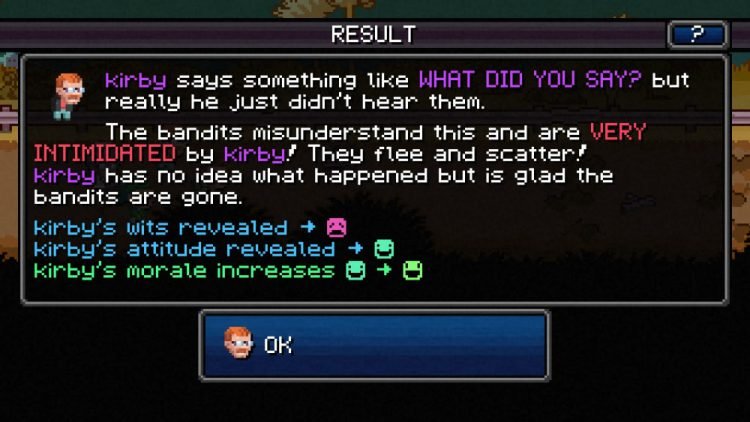
Have a Portfolio
Having a portfolio isn’t an optional step. How are you supposed to ever find work if you can’t prove your abilities? Your portfolio is a highlight reel, essentially a showcase of your best work. For artists this is pretty straightforward, but for writers it takes a different approach. Many narrative and world-building writers (like Richard Dansky) have prior experience in publishing, perhaps as a novelist. If you’ve written AND published novels then this is a great way to demonstrate your accomplishments.
Maybe you’re not a novelist. That’s OK. Gaming news reporters can show their creative flair with editorials and long-form examinations of their favorite video game titles. Demonstrating to potential clients or employers that you are knowledgeable about the industry AND can write is important. Because of the global skills gap, it’s not uncommon for narrative writers to also have experience in game design or possess other technical skills to set them apart. The number of freelancers has grown to include 12% of the U.S. workforce, resulting in many companies looking outside traditional career tracks for talented creatives who can help accomplish their goals.
Perhaps the most creatively compelling way to demonstrate your chops is to put your writing in a game. Scope out your city or online for indie game developers that you can work with. You might even offer your services for free to get the experience. If you have a completed product or sample to share of your writing in action, so much the better. It’s much more impressive to hiring managers to show you’re already writing in games.
If none of these options work for you, you can always design your own small game to serve as an interactive portfolio. It could be a simple 5-minute point-and-click adventure that shows off your dialogue writing skills. No matter what you choose, put your skills to work. The Adventure Game Studio is a great resource for getting started on this front.
Build connections
Ask anyone in any field and they’ll probably espouse the benefits of networking. Employee references are awesome, but networking is more than just that. Each person has a limited perspective, but when you network you can gain the help and resources of everyone else you’re connected with.
I’ve gotten some great freelance gigs via word of mouth. Having a personal connection (friends, family, etc) vouch for you gives you instant credibility. Maybe your old coding buddy from High School works for a game studio. Perhaps there are other liked-minded writers on LinkedIn you could collaborate with to share leads? You’ll never know unless you ask around and try to build bridges. It’s hard to find work in the games industry if no one knows who the heck you are or why they should listen to you.
Prepare to travel if necessary
When working freelance you can often fulfill your responsibilities from the comfort of your home. Occasionally however studios will want you to be local or be willing to travel abroad depending on how in-depth your involvement is. If you need to be meet with staff writers or other members of the creative team, then you need to be prepared to travel abroad if you want the gig. This will necessitate a current passport as well as up-to-date immunizations.
Several big game studios (like The Coalition, of Gears of War fame) operate in Vancouver, BC. Be aware that taxes are assessed differently for U.S. citizens working in Canada. Chances are likely that as a freelancer you’d only be working in Canada temporarily, but it’s still something to plan for well before 1099 tax season.
Keep an eye out on job boards, Twitter, and especially LinkedIn to find opportunities to write for game studios. The first game writing gig I ever found was via Elance as a freelance editor, cleaning up dialogue but going uncredited. Everyone starts somewhere.
To recap, there are three important things you need to remember if you want to be a freelance games writer.
- Build up a portfolio of your best work to impress potential clients.
- Grow your professional contacts and network to find new opportunities.
- Follow the work if necessary to secure the best writing gigs.
It takes preparation, hard work, and a bit of luck to finally see your name appear in the credits of a video game. For those dedicated to the task it can certainly be a worthwhile endeavor to finally accomplish. Until then, keep improving your craft and be on the lookout for new opportunities.
(Photo Credit: Rocketcat Games, ‘Death Road to Canada’)

